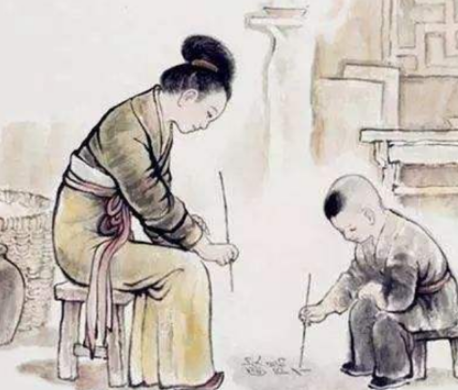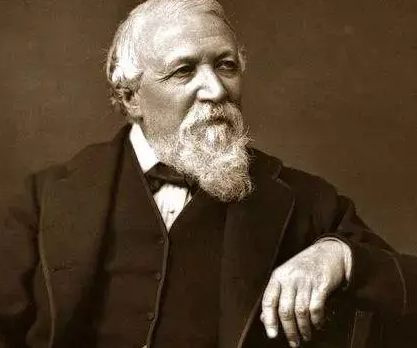In traditional Chinese culture, the story of Meng Mu's warning to her son has always been regarded as an important reference for parents and teachers in educating their children. This story not only tells us the importance of education, but also reveals the methods and attitude of education. Let's explore the profound truths contained in this story.

I. The Story of Meng Mu Warning Her Son
The story of Meng Mu warning her son comes from "Han Shi Wai Chuan". In the story, Meng Mu moved three times to avoid her son being influenced by a bad environment, and finally chose to live near a school. When Mencius came home from skipping school, Meng Mu was weaving, and she cut the cloth on the loom to warn Mencius that learning cannot be half-assed. Although this story is simple, it has deeply influenced Chinese educational concepts.
II. The Importance of Education
The story of Meng Mu warning her son first tells us the importance of education. Meng Mu deeply understood the impact of education on her son's future, so she spared no expense to create a good learning environment for him. This emphasis on education and deep consideration for her son's future is something that everyone should learn.
III. Methods and Attitudes of Education
Secondly, the story of Meng Mu warning her son also reveals the correct methods and attitudes of education. Instead of directly scolding Mencius, Meng Mu warned him by cutting the cloth on the loom, using her own actions to teach him that learning cannot be half-assed. This example-setting method of education is more effective than mere preaching. At the same time, Meng Mu's rigorous attitude also tells us that education is a serious task that requires our careful attention.
IV. Conclusion
Overall, the story of Meng Mu warning her son tells us that education is an important part of a child's growth, and we should value and take it seriously. At the same time, the methods and attitudes of education are also important. We need to set an example and guide children through practical actions, rather than just preaching. Although this story took place in ancient times, its profound educational philosophy is still applicable today and deserves our deep reflection and reference.
Disclaimer: The above content is sourced from the internet and the copyright belongs to the original author. If there is any infringement of your original copyright, please inform us and we will delete the relevant content as soon as possible.
































